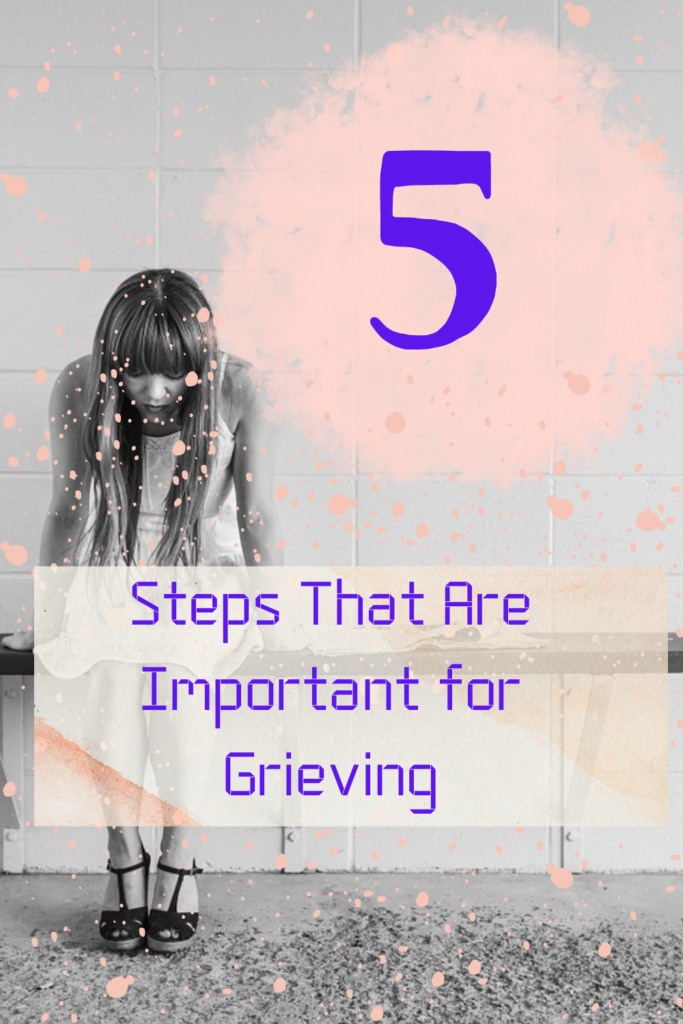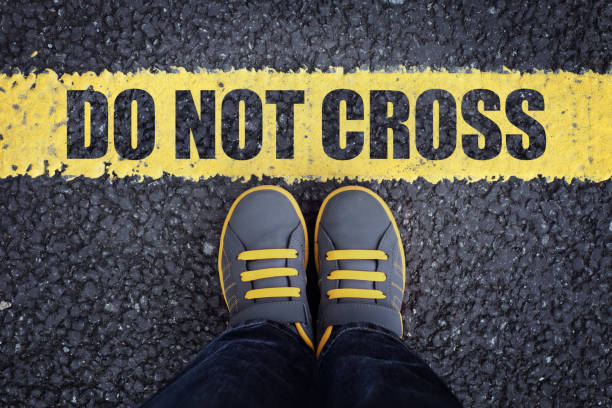
This lesson may contain affiliate links. Please read my disclosure for more info.
If you have ever lost someone you know that grief is such a real journey that you go on. It can be angering, depressing, numbing, and confusing. All of the emotions that are felt while going through loss are part of our body and emotions trying to cope with the loss of the loved one. Many things that people say can be unhelpful but well-meaning. Through my own loss, I have found a few keys that have helped me along the way.
- Grieving looks different for everyone. My grief isn’t going to look the same as yours and that’s ok. Many times we have expectations of ourselves or others have expectations of us that really don’t help us along the way. Move away from the expectations of others and focus on finding the emotion and feeling it and walking through it. So many times we push away pain because we hate the idea of pain but pain can be healing. If we ignore it it will get worse in a different way. Embrace the process and find tools and keys that can be healing for you. Here is a resource that can help you process your grief.

2. Boundaries Keep My Grief Process Protected. This is so important that you understand your journey is sacred and should be kept protected from people who would criticize, burden, or even have an expectation of you that is unrealistic. Not everyone is safe to keep in your grief journey and it’s ok to say I’m going to step back from our relationship right now. Aunt Betty Sue while well-intentioned can also hinder the road to recovery by saying not-so-helpful things. It’s ok to say no not now to invitations, vacations, holidays, or gatherings where you are expected to act a certain way. When you are grieving you aren’t thinking straight and it can be hard to meet the expectations of those around you. That pressure can bring depression and shame. Boundaries protect the process. If you don’t know what or how to put boundaries down here is it.

3. Journal Your Emotions. Something that is very helpful for complex emotional moments is journaling. Getting the emotions out and processing them is a great way to create a way to heal. It also helps to make notes on how you progress through the healing journey. Through the first year of grief, there are so many moments that will bring up pain and it’s so important that we take the time to process the feelings that those moments bring up. It’s ok to not be ok. Here’s a journal that I’ve found that can help you walk through your grief moments.

4. Be Kind To Yourself. It’s not always easy to be kind to yourself during the grieving process. Often time we can feel survivors’ guilt, self-hatred, or even not understand why we can’t “get over” grief sooner. Be kind to yourself. It’s too much pressure to fit into a timeline of when you are going to heal enough to be strong again. Grief changes you. It transforms you into a new person. The new person you become will be determined by how you walk through the grief process. Being kind can be hard to remember. Here’s something that can help you remember to be kind to yourself.

5. Time Heals All Wounds But Leaves Scars. Time is a funny thing because it helps to separate you from the moment of most pain but it also will give you space to heal. We have all heard the saying ” Time heals all wounds.” I think that in time we heal but we still have scars that transform us into a new person. We can never ignore or deny how pain shapes us. It’s important that we don’t deny the process of transformation because often times that transformation leads to purpose. If you look at all the pain caused by tragedy over the years you will also see organizations, causes, and campaigns that are used to heal the world. This means that the transformation created something new that brought healing not just to the people who went through the tragedy but for those around them. Give yourself time..

For other articles on grief click here!
If you are wanting to get my Free Gift sign up for the newsletter below!

Sign-Up Below!